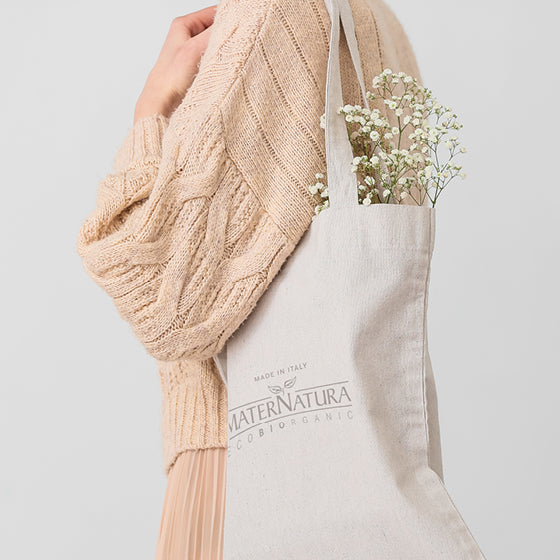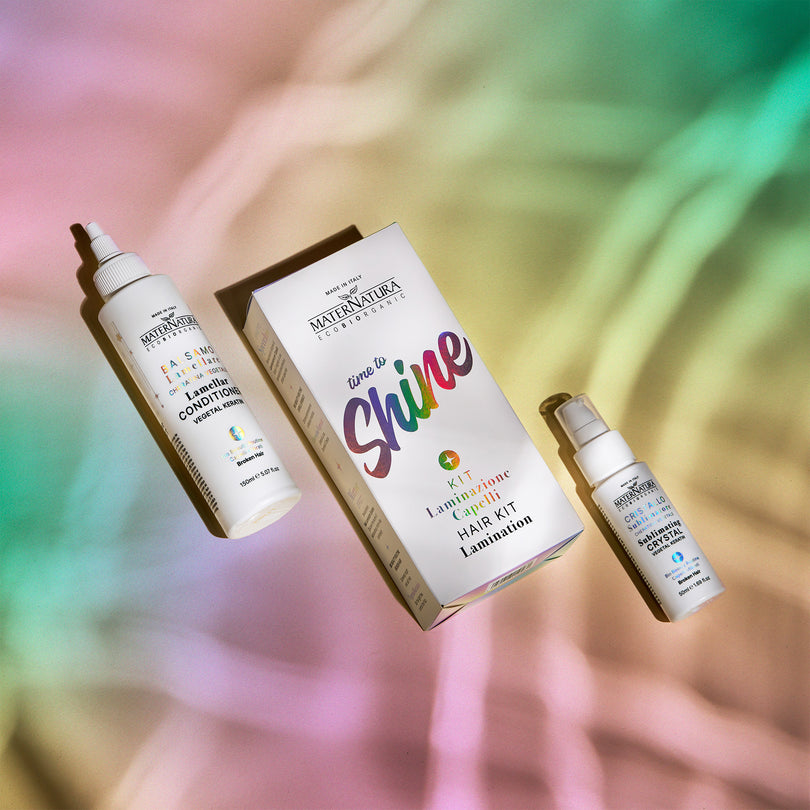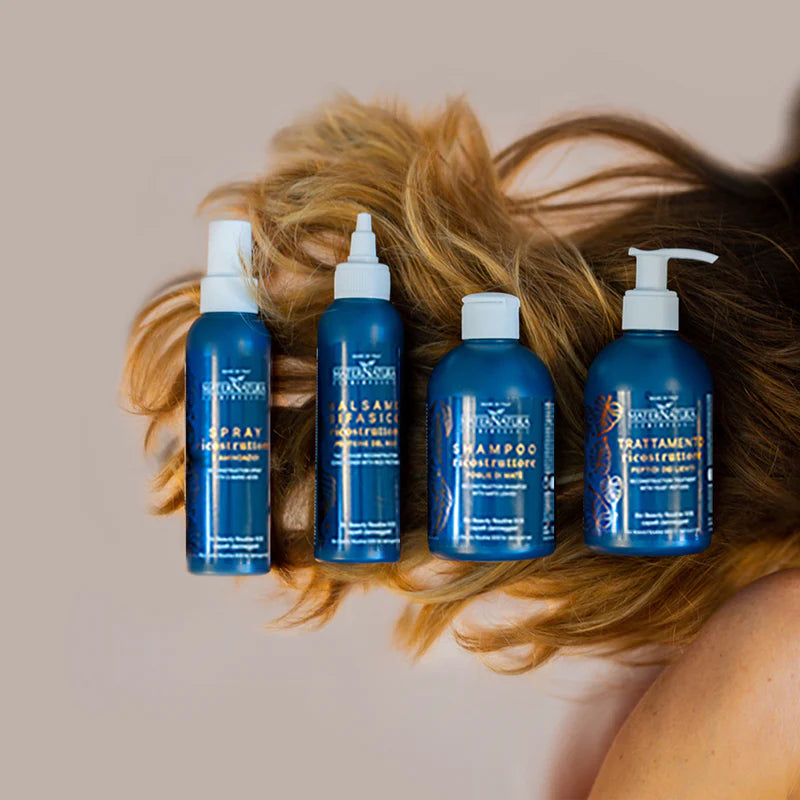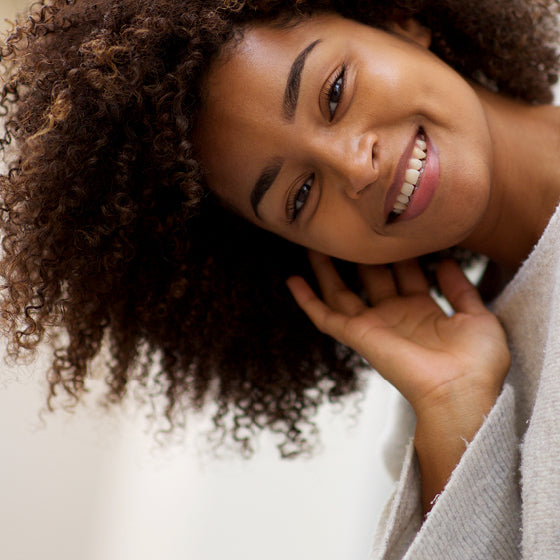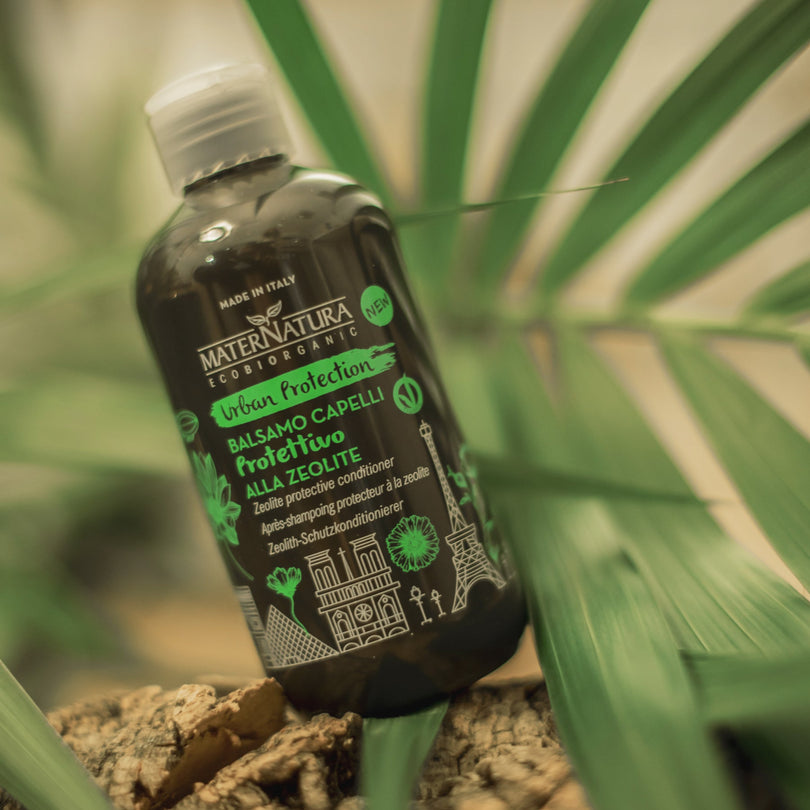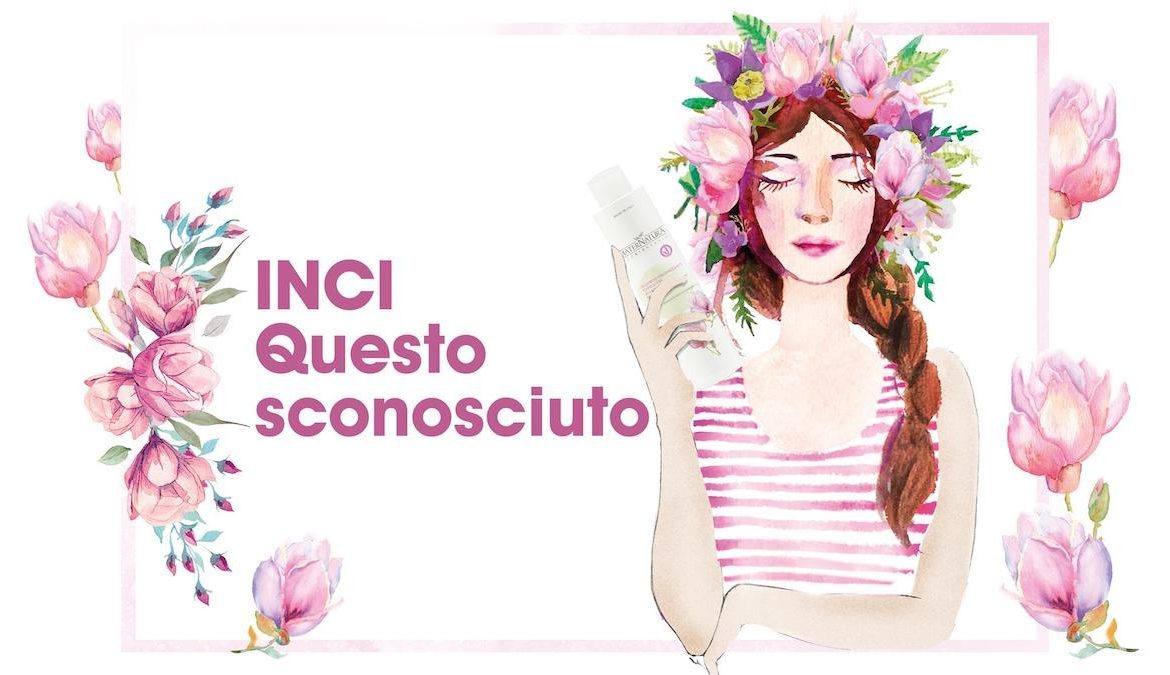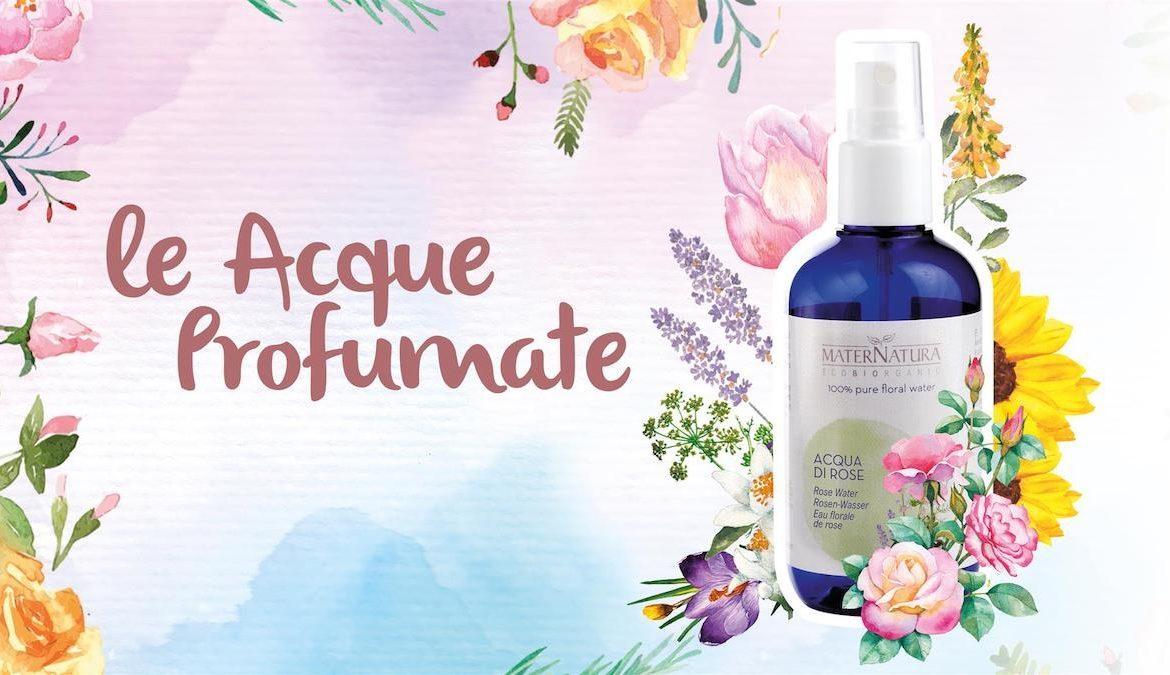They call them Millennials, Generation Y, Echo Boomers. They are the kids born between the early 80s and the early 2000s. They went through the full technological change and were hit by the digital revolution, becoming its first protagonists.
It is the hyper-connected generation, for almost 70% of the day they have the internet on. This is why they prefer the PC to television, to which Netflix has taken away another slice of followers. They watch movies with the internet, they know with the internet and they travel with the internet. The sharing economy services, with online booking, are another revolution of their generation, which now can also choose Airbnb, BlaBla Car, uber and partners to move around which "are simple to use, anyone can use them and they are cheap" i factors that affect young people. With the internet, then, they communicate, social networks at the forefront.
Starting an infinite number of personal and professional projects, following the latest trends and being constantly present on social networks, going out until late at night but trying to recharge with yoga and detox diets, wanting everything, always, and without compromise… this is the reality of “Generation Y”. An intense life, therefore, subjected to a new type of stress, which Lancôme calls "urban fatigue". In a market increasingly dominated by those born between 1980 and 2000, personalization is essential. Millennials have grown up in a time of rapid change that has given them completely different priorities and expectations than previous generations. Millennials focus much more on immediate results than on future ones. Tutorials and various social media such as Facebook, Pinterest, Instagram are also changing the world of beauty, with consumers increasingly informed about new products, their use and what best enhances them, looking for brands that court them as individuals. Trendy products today are those that offer specialized solutions or those that best respond to the personal needs and new lifestyles of this generation.
SHOPPING HABITS
When it comes to shopping habits, they favor products that offer more immediate results and seem unwilling to invest in expensive skin creams when they want makeup or masks with instant effects. They want to experiment with beauty cosmetics in an instant. This is why beauty masks are very fashionable, which make the face luminous in ten minutes and the entire make-up sector is growing rapidly.
Why do Millennials in the 16-36 age group constitute a consumer segment with increasing value in major markets?
While many Millennials have less money and less financial security than older generations, they are experiencing strong growth in terms of personal earnings. They are at (or soon will be) a stage in life where they are developing or will soon develop their careers, move up the career ladder and settle into dual income households. This demographic data is important not only in terms of size and growing purchasing power, but also because there are still some clearly identifiable trends among Millennials:
- They are very adept at using technology and are very active social media users.
- They tend to be more socially conscious than older age groups, and are influenced by product offerings marketed as ethical, sustainable or green.
- They are more likely than older age groups to focus on both health and well-being in areas such as food and physical activity.
- They are more interested in value and hunting for a good deal, partly out of necessity given the diminished economic opportunity.
- As the “selfie generation,” Millennials have made makeup, the fastest growing cosmetics category globally, Millennials, more than previous generations, will be the ones most likely to purchase all-natural beauty products in the coming years. As mentioned, being sensitive to health, they often prefer to buy organic and natural products when they are available. This demand for natural products also extends to the beauty category. According to a 2015 survey, women between the ages of 18 and 34 are the most active buyers of natural beauty products. Half of the women aged between 18 and 34 interviewed said they wanted to buy totally natural products in the next few years. The share is higher than that of other age groups:
- ages 35–44: 44%
- ages 45–54: 31%
- ages 55–64: 34%
- age 65+: 30%
According to some research, Millennials value simplicity and look at aging in a different way than older consumers. Perceptions of beauty are changing and younger generations may not be as concerned about signs of skin aging as previous generations were. When it comes to beauty products for Millennials, it's important to remember a few things: They love to research online but still prefer to buy their beauty products in-store, they value experiential retail environments, they love natural and ethical cosmetics and price is often a key buying factor
Luxury meets affordability
A recent Benzinga article by Brett Hershman analyzes the growing hegemony of “luxury brands” offering skincare products at an affordable price. With around 50% of all female Millennials prefer natural or organic beauty products to synthetic alternatives, marketers are having success crossing premium quality with affordability.
Evaluate the authenticity
A Harris Poll survey found that 59 percent of women over the age of 35 believe that buying "green" beauty products is important to them, while an even higher percentage – 73% to be exact – of millennial women they look for cleaner and more natural products. Allure magazine asked 1,126 women across the country, ages eighteen and older, to "measure their attitudes and buying behaviors toward natural beauty products." And the results were loud and clear: Women want cleaner, greener beauty.
Millennial women are very tech-savvy (they were raised with technology) and have had access to a great deal of information. Just as there has been a lot of talk about organic and non-GMO food, so "green" beauty has become an increasingly familiar concept for the younger generation. Curious generations who love researching and understanding ingredients and how they work, who is the founder of that brand, where does it come from, does the company philosophy align with their personal passions and perspectives?
Generation Y are concerned about the environment and the chemicals that go into skincare cosmetics and love clean treatments full of recognizable natural substances. The demand for 'green' products is growing and with it awareness of the ingredients within these products. According to the survey, 55% of women over the age of thirty-five and 62% of millennial women remark and re-read ingredient labels before making a purchase in order to avoid some “bad” ingredients.
The target of the Millennials compared to the previous one of the so-called baby boomers, believes that the pursuit of beauty is fundamental, and that the price represents an incentive to purchase: in fact, they are sensitive to the right cost but also and above all to the quality of the product.
In this regard, another study has shown that cosmetics advertisements in women's magazines are more appreciated if the testimonial is a dermatologist or if clinical efficacy studies are cited; the advice of Influencers to share their opinion/review on social networks is also fundamental for Millennials (purchases in this target are made in 75% of cases on the basis of a suggestion).
In conclusion we can say that Millennials are persuaded by products and services if you or the company from which they originate are reliable, transparent and authentic.


